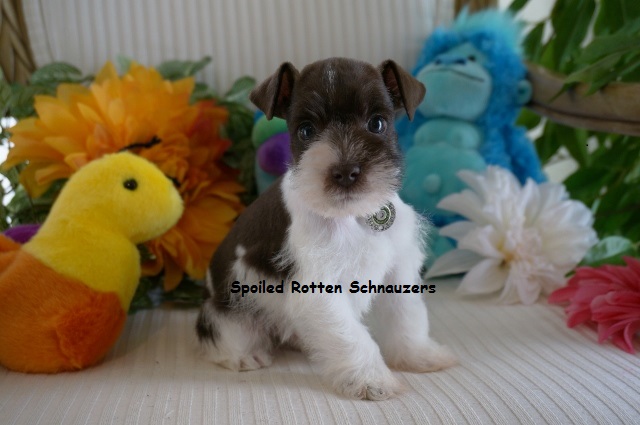Anal Gland Problems
Scooting Bum Across the Floor

.
What are Anal Glands?
Canine anal glands are scent glands located around a dog’s anus. The anal glands are located between the internal and external anal sphincters (the muscles that control the passage of stool from the rectum). The glands store and secrete a strong-smelling, oily substance that is used for marking territory.
What are Anal Glands Used for?
Dogs learn to identify each other by their scents. Where people identify each other by names. Haven’t you noticed when dogs meet one of the first places they go is to smell the rectum. And most of the time, the dogs encourage this with each other as they raise their tails. Equate it to us saying “hello and shaking someone’s hand in a friendly manner.” So their specific “anal gland scent” identifies them. Also, whenever your dog defecates, the anal glands receive a small amount of pressure and a very tiny bit of the fluid is released. So in a way, each poop has a “signature” mark which other dogs for some reason find interesting to check out.
What Causes Anal Gland Issues?
Sometimes bacteria will build up in the anal glands, which can cause things like infection, abscess and even rupture through the skin leading to even more serious problems. Anal gland problems have been linked to poor quality dog food. Also dog foods that have alot of cereal, fillers and other “cheap” ingredients that cause the stool to be soft and therefore unable to press firmly against the dogs anal glands while they are pooping, which is important to keep the anal glands expressed and cleaned out. Besides, a healthy dog food will produce nice firm “tootise roll” more compact stool.
What are the Signs & Symptoms of Anal Gland Issues?
If for some reason your pet’s anal glands become impacted the biggest “sign” is they will start to scoot their butt across the ground in attempt to empty the glands. They also might try to lick their bum or even chase their tail. Most dogs scoot here and there, but if you notice they are scooting alot or on a regular bases, or if you notice them scooting for several days, you should have it checked before it turns into a more serious issue. Your pet could either have something else that’s making them scoot alot or the anal sacs might be infected which is something you want to get treated right away before they abscess and rupture out through the skin. That is very painful messy and extremely smelly.
How Often do Anal Sacs Need to be Emptied?
Thank goodness that most dogs empty their anal sacs themselves and anal sac problems are pretty rare and for the most part never develop anytime anything to serious. Just on the side note: if you have your pet “professionally groomed” most dog groomers just automatically “express anal glands, trim toenails, clean ears” etc…. as part of the service. So anyway, most people do not need to express their dogs anal glands. However, sometimes a dog might have alot of anal gland issues and you will either need to have your vet rountinely do it, or to save the expense, you can learn to do it yourself. How often they will need them expressed depends on what the underlying issue is ~ so that is a question only your vet can answer. If you do decide to do it yourself, just have your vet show you. It’s extremely easy, painless and very quick. You could also try to encourage your dogs body to empty the sacs on it’s own by putting them on a high fiber diet to produce bulkier stool. In more rare and severe anal gland cases, there is a surgery by experienced surgeons that can remove the glands. However, there are alot of downsides to that, so really research the potential problems (like fecal incontinence) that surgery can create before jumping into it. So by doing the surgery you might be exchanging a (lesser) problem for more (serious) problems.
SPECIAL NOTE We Are NOT Licensed Vets. DO NOT try to diagnose or treat animals based off this or any other information you find on the internet. This page is just BASIC INFORMATION to help bring awareness to the different health issues that are common in puppies. If your puppy is having any kind of medical issue, please seek PROPER professional treatment from a licensed vet who is trained and set up to handle such matters.